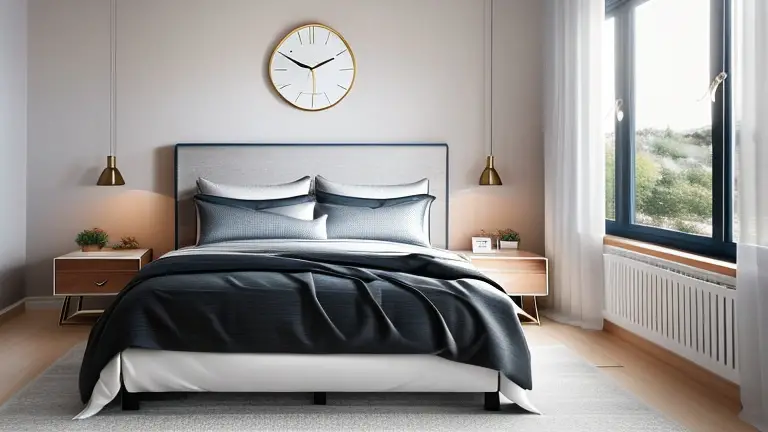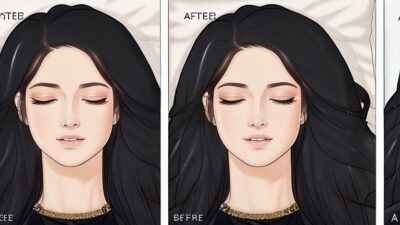Quality Sleep Challenge

Struggling to get a good night’s sleep? You’re not alone! Many of us find ourselves tossing and turning, unable to drift off into dreamland. But fear not, because we have a solution for you. Introducing the Sleep Hygiene Challenge. A fun and effective way to improve your sleep quality. In this article, I’ll be diving into the world of sleep hygiene and exploring simple yet powerful techniques that can help you achieve the restful sleep you deserve. So grab your favorite pajamas, get cozy, and let’s embark on this sleep-boosting adventure together!
Week 1: Establish a Consistent Sleep Schedule
Set a bedtime and wake-up time that you can adhere to every day, even on weekends.
Avoid excessive napping during the day, as it can disrupt nighttime sleep.
Gradually adjust your schedule if necessary to align with your ideal sleep duration (usually 7-9 hours for adults).
Week 2: Create a Relaxing Bedtime Routine
Develop calming pre-sleep rituals such as reading, gentle stretches, or taking a warm bath.
Minimize exposure to bright screens (phones, computers, TVs) at least an hour before bedtime.
Keep your bedroom cool, dark, and quiet to create an optimal sleep environment.
Week 3: Watch Your Diet and Hydration
Limit caffeine and alcohol consumption, especially in the hours leading up to bedtime.
Avoid heavy meals close to bedtime to prevent discomfort and indigestion.
Stay hydrated during the day but reduce liquid intake in the hours before sleep to prevent nighttime awakenings.

Week 4: Get Active for Better Sleep
Incorporate regular physical activity into your daily routine, but avoid vigorous exercise close to bedtime.
Aim for at least 30 minutes of moderate exercise most days of the week.
Remember that exercise can promote better sleep quality and help you fall asleep faster.
Week 5: Manage Stress and Anxiety
Practice relaxation techniques like deep breathing, meditation, or progressive muscle relaxation.
Consider keeping a journal to write down any worries or thoughts before bed.
Seek support from a therapist or counselor if stress or anxiety is consistently interfering with your sleep.
Week 6: Limit Exposure to Artificial Light
Invest in blackout curtains to block out external light sources, especially if you work night shifts.
Use blue light filters on electronic devices to reduce the impact of screen time on your sleep-wake cycle.
Aim for natural daylight exposure during the day to help regulate your body’s internal clock.
Week 7: Evaluate Your Sleep Environment
Replace an old mattress or pillows if they no longer provide adequate comfort and support.
Remove clutter and distractions from your bedroom to create a tranquil sleep space.
Consider white noise machines or earplugs if noise pollution is a concern.

Week 8: Track Your Progress and Adjust
Keep a sleep journal to monitor your sleep patterns, including bedtime, wake time, and any disturbances.
Reflect on the changes you’ve made and their impact on your sleep quality.
Be flexible and open to adjusting your sleep routine as needed to find what works best for you.
Conclusion
In conclusion, improving your sleep quality through the Sleep Hygiene Challenge can have a significant impact on your overall well-being. By adopting simple habits like establishing a consistent sleep schedule, creating a relaxing bedtime routine, and optimizing your sleep environment, you can enhance the quantity and quality of your sleep. Remember to limit caffeine and electronic device usage before bed, as they can interfere with your ability to fall asleep. Additionally, incorporating regular exercise and managing stress can further contribute to a good night’s sleep. So why not take on the Sleep Hygiene Challenge and start prioritizing your sleep? Your mind and body will thank you for it! Sweet dreams!





